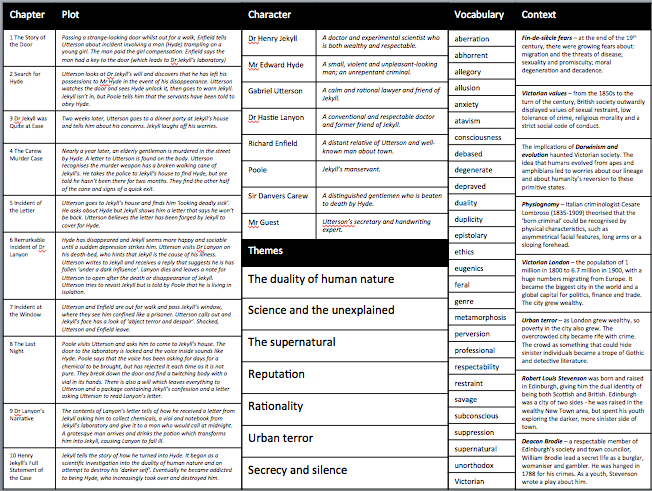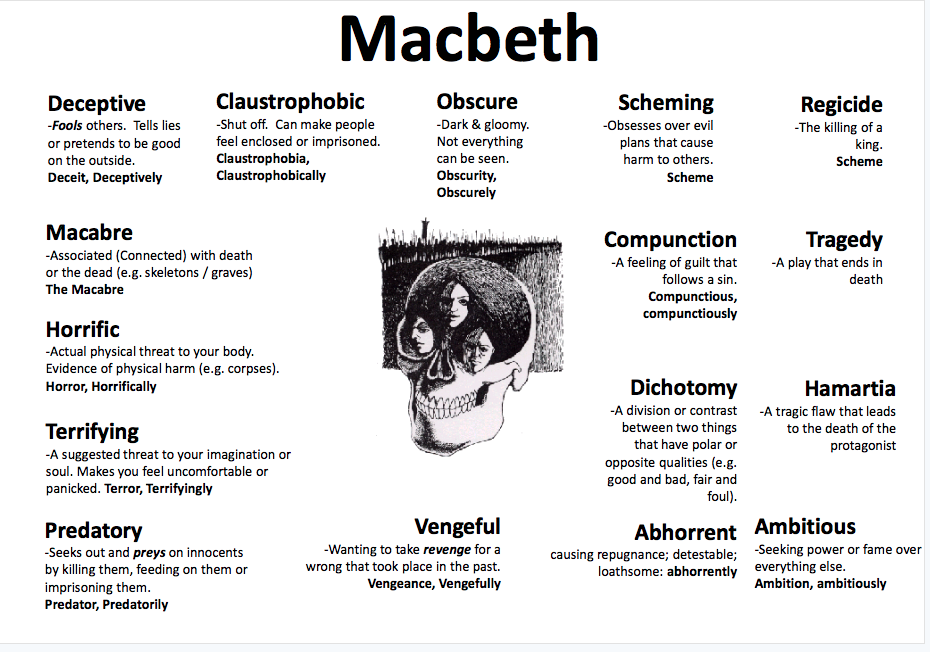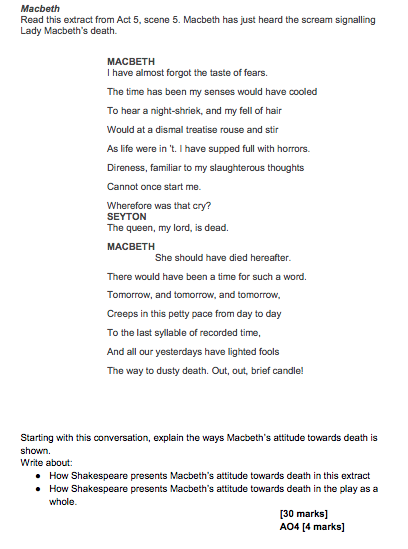If you need more information about which exam will feature what, remember to click on the tabs/pages above!
There are several pages that will provide you with crucial information.
- Command Words: Check this out for a list of what kind of command words will appear in the exam and what they mean.
- GCSE English Language: See what will come up in this paper, with a Past Paper, Questions and Mark Scheme.
- GCSE English Literature: See what will come up in this paper, with a Past Paper, Questions and Mark Scheme.
- How to Revise: Click here for a summary of what and how to revise!
- Important Dates: In this page you will find all your exam dates.
- Past Papers/Practice Questions: Here you will be able to download past papers and look at model answers.
- Useful Websites: Here you will be able to click on websites that are relevant and helpful!

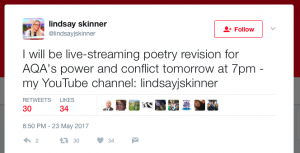




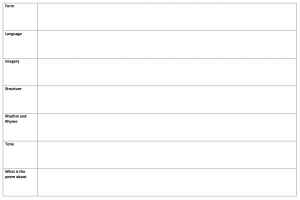
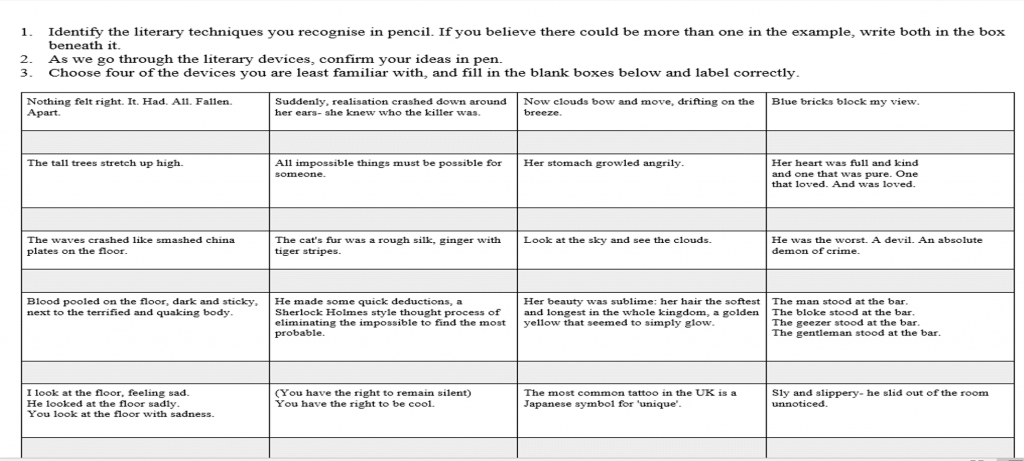

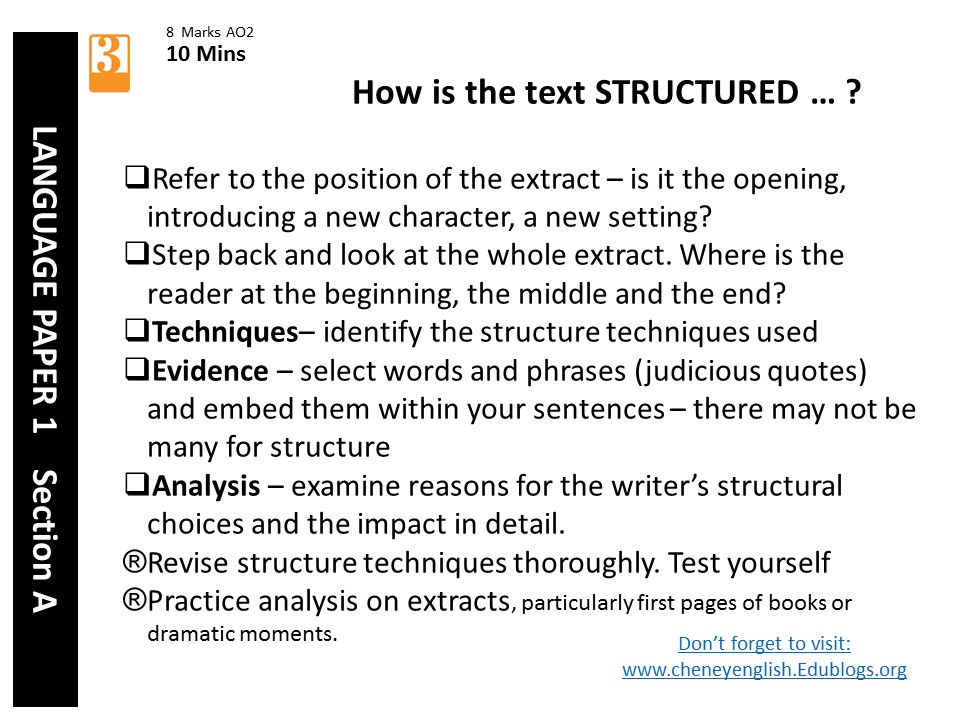
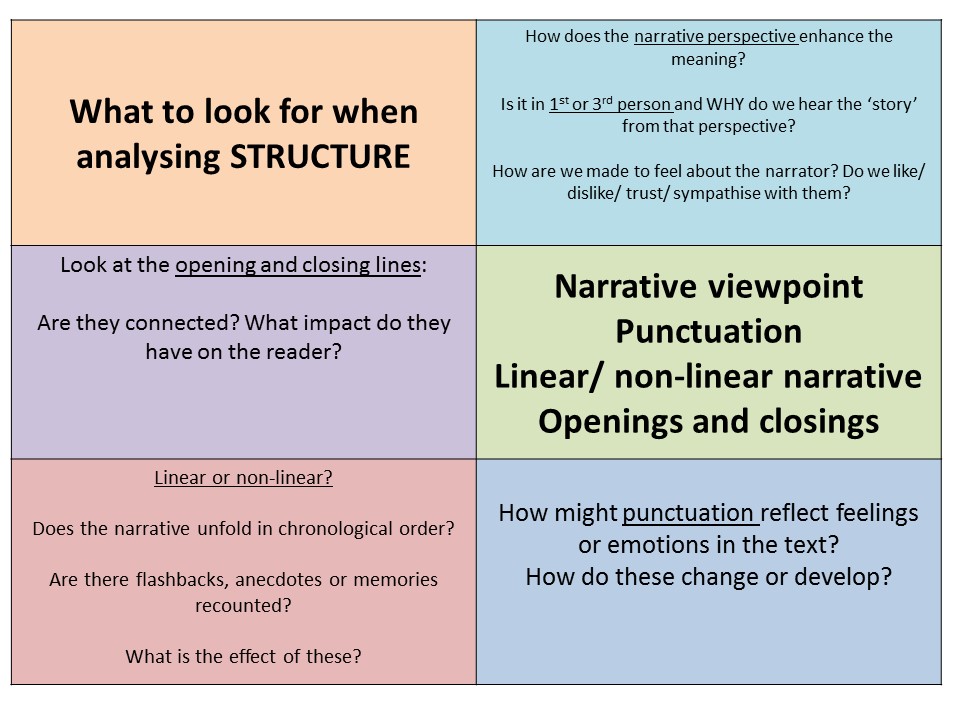

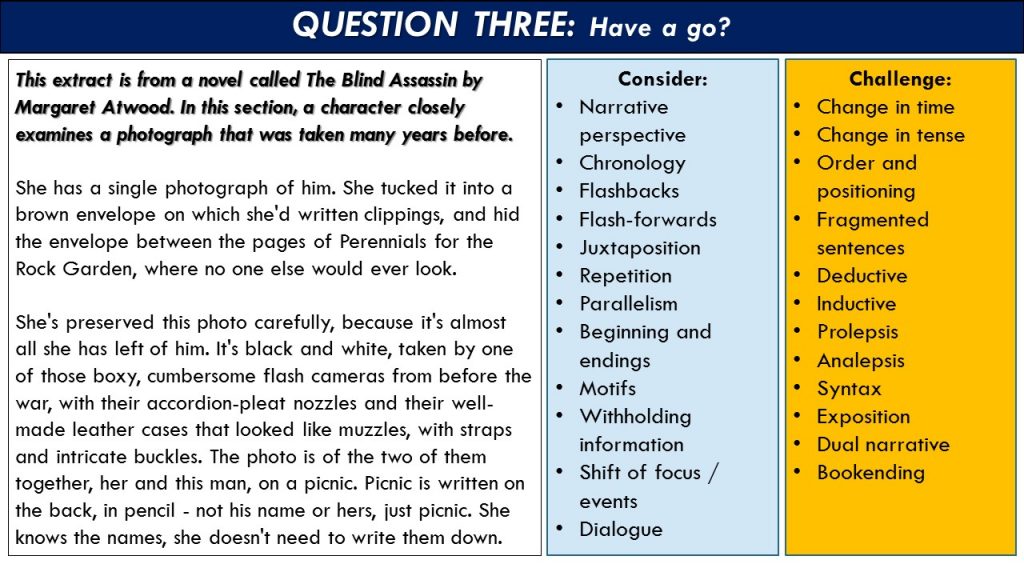
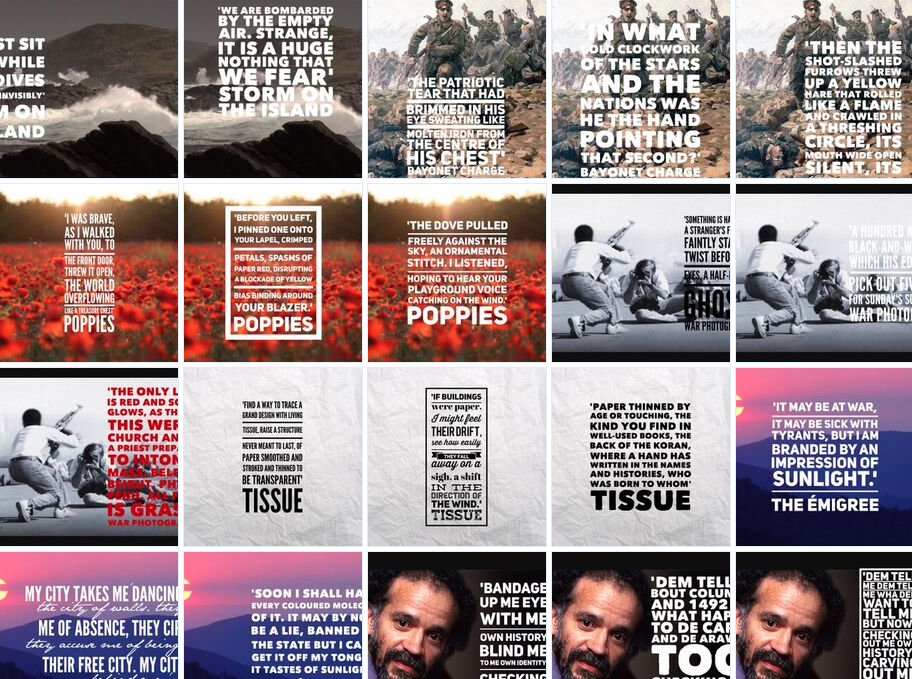



 Also, have you thought about summarising the key ideas in the text like the below Knowledge Organiser by Mr Theobold an English Teacher who has shared this online. Remember to ask your English Teacher if you need further clarification in any of the contextual and thematic ideas. You can also come along to revision/recap sessions every Tuesday!
Also, have you thought about summarising the key ideas in the text like the below Knowledge Organiser by Mr Theobold an English Teacher who has shared this online. Remember to ask your English Teacher if you need further clarification in any of the contextual and thematic ideas. You can also come along to revision/recap sessions every Tuesday! 